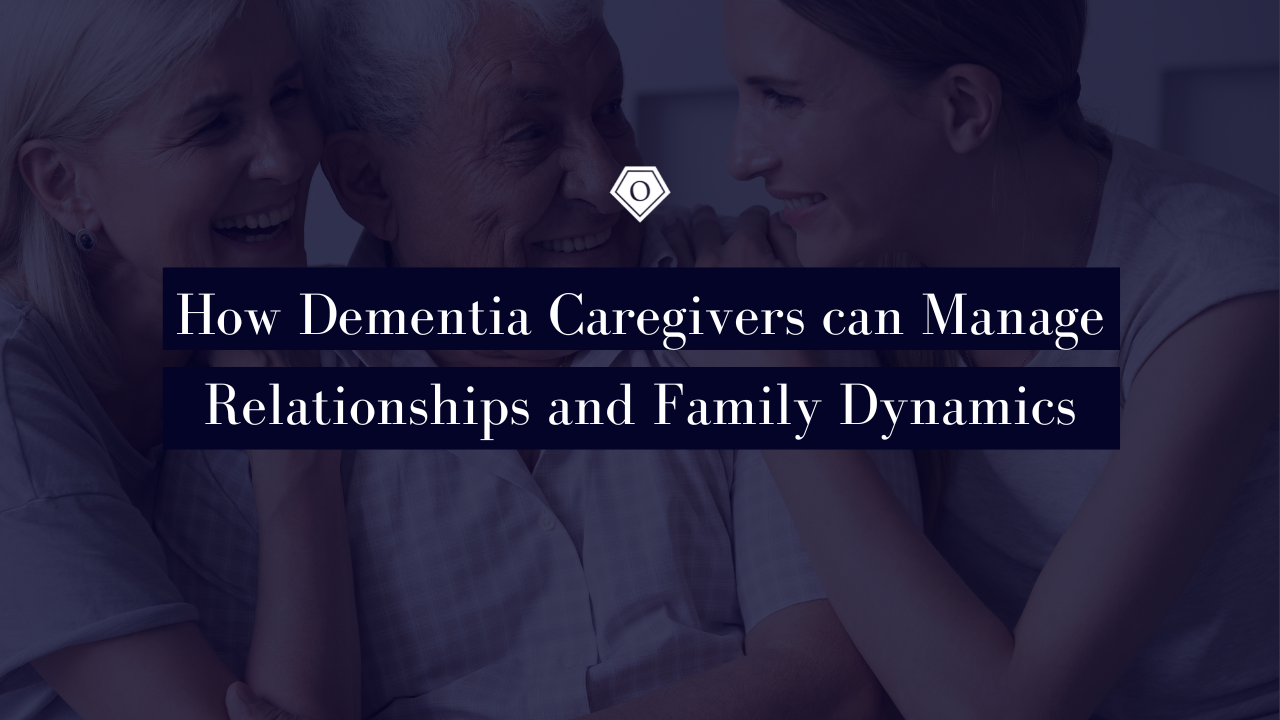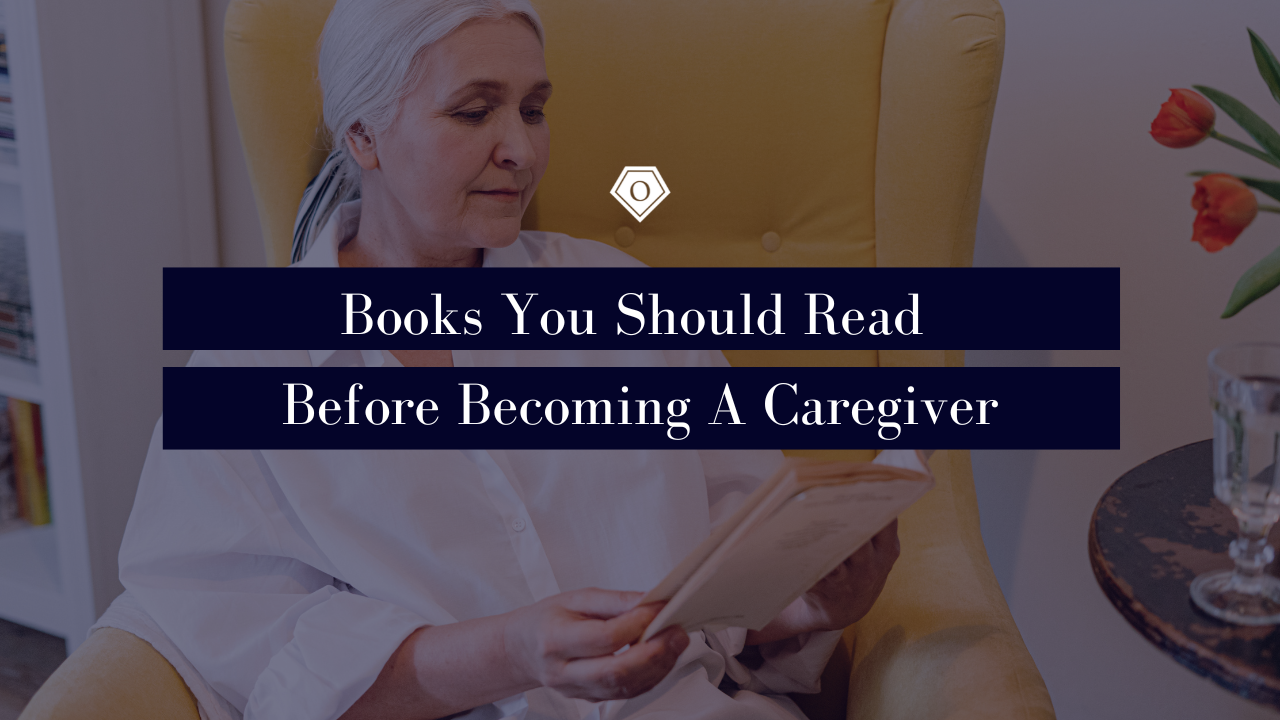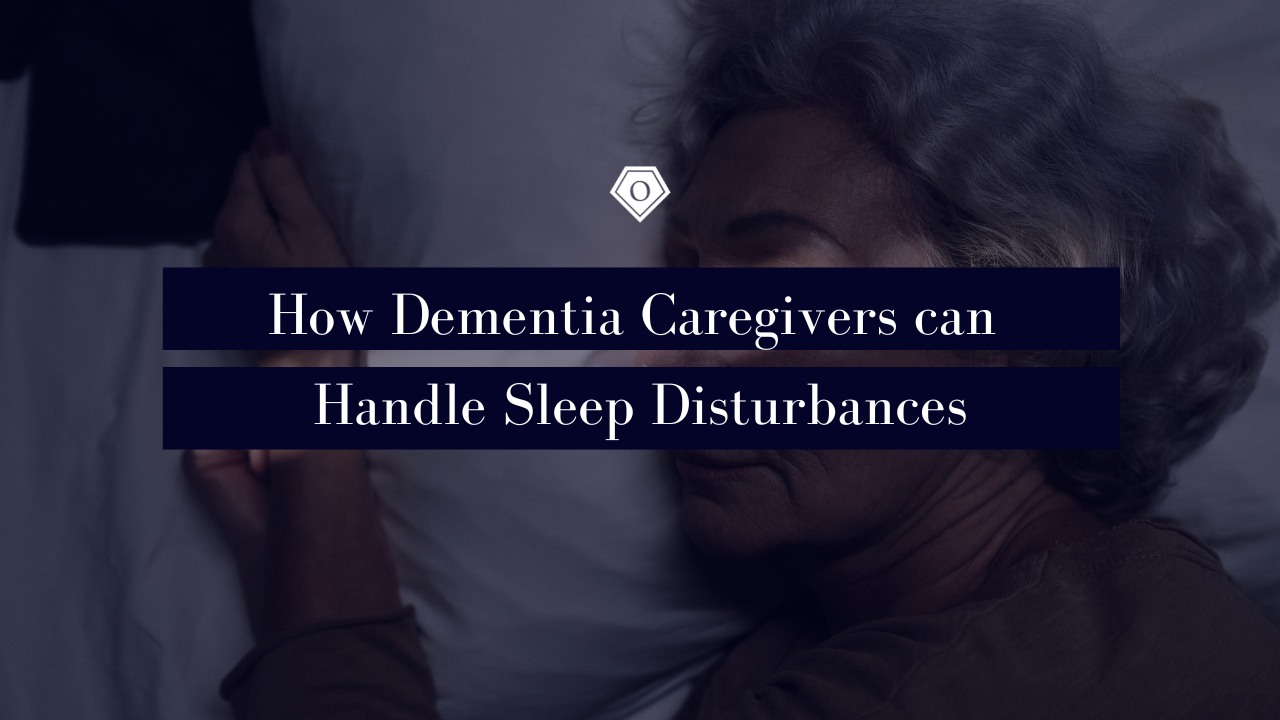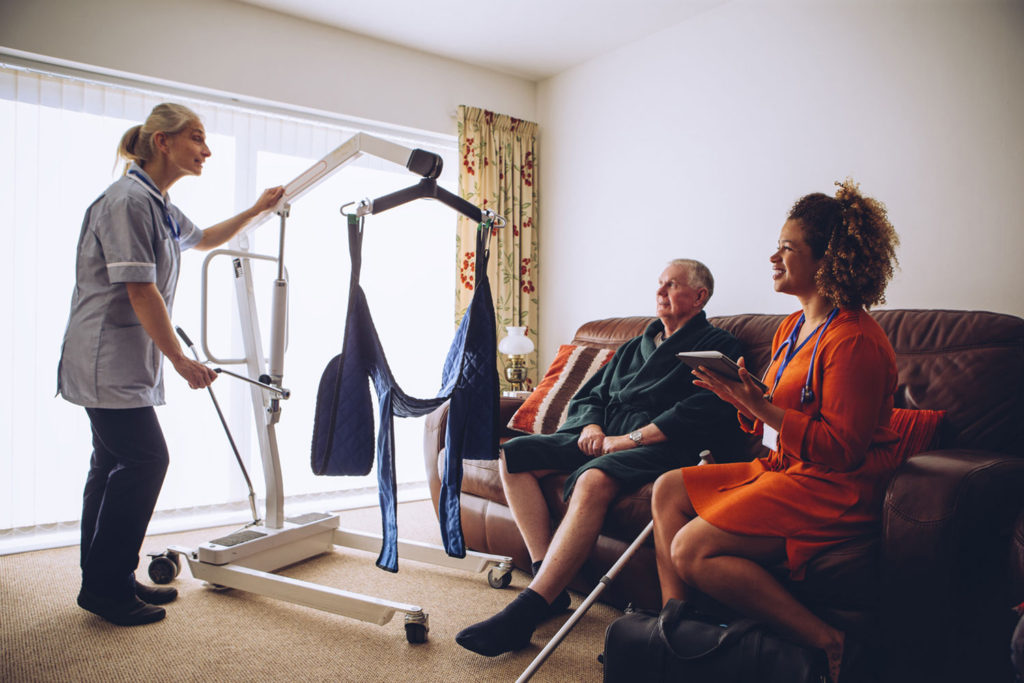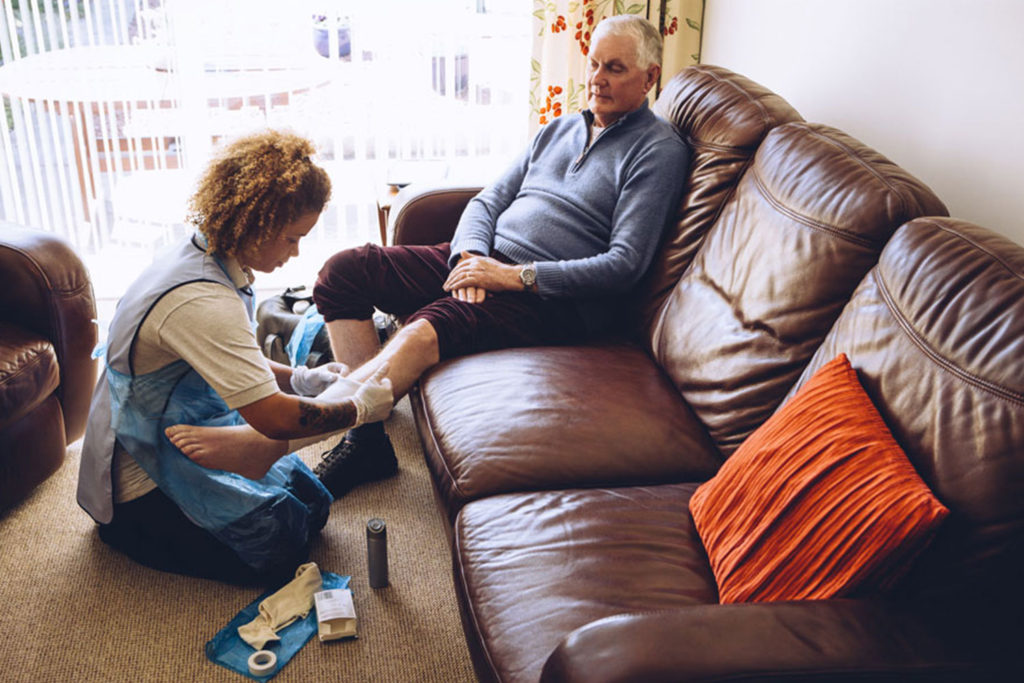Dementia and Cholesterol: Protecting Your Loved One’s Heart Health
Caring for a loved one with dementia can be a profound and emotional journey as their cognitive abilities gradually decline. In this complex role of caregiving, it's crucial to address not only the immediate challenges of memory loss and confusion but also to look after their long-term health. One critical aspect of dementia care is helping your loved one manage their cholesterol levels. Elevated cholesterol can significantly increase the risk of cardiovascular disease, which poses an additional threat to their well-being. In this endeavor, caregivers play a pivotal role in ensuring that the individual receives the necessary support, guidance, and attention to maintain a heart-healthy lifestyle, making every effort to safeguard their overall health and quality of life.
How To Include The Elderly In Halloween Activities
Halloween is a festive and exhilarating time of the year, offering the perfect opportunity to bring generations together and create cherished memories. Involving the elderly in Halloween activities not only evokes a sense of [...]
How Dementia Caregivers can Manage Relationships and Family Dynamics
As a dementia caregiver, one of your role’s most complex and emotionally demanding aspects is managing the intricate web of relationships and family dynamics surrounding your loved one. Dementia’s progression can create significant family challenges, ranging from disagreements about care decisions to the emotional toll it takes on everyone involved. Navigating this terrain requires patience, empathy, and effective communication. In this journey, caregivers often find themselves not only tending to the needs of their loved one but also acting as mediators, educators, and emotional anchors within the family unit. This guide offers insights and strategies to help you foster understanding, harmony, and support among family members while providing the best care possible for your loved one with dementia.
Questions To Ask About Prescriptions When You Become A Caregiver
Becoming a caregiver for a parent is a significant and often complex responsibility that encompasses various aspects of their well-being. Among the many critical facets of caregiving, the management of prescription medications stands out as paramount. The importance of asking questions about prescriptions cannot be overstated, as it directly impacts the health, safety, and overall quality of life of your loved one.
Books You Should Read Before Becoming A Caregiver
Embarking on becoming a caregiver is a profound and compassionate journey that demands practical knowledge and emotional resilience. As you step into providing care for a loved one, the challenges and responsibilities can be overwhelming. However, immersing yourself in the wisdom and insights found within carefully chosen books opens the door to a wealth of guidance, advice, and firsthand experiences from experts and fellow caregivers alike. These books offer more than just knowledge; they offer a roadmap to navigate the complex landscape of caregiving, helping you cultivate the skills, empathy, and understanding necessary to provide the best possible care while ensuring your well-being.
How Dementia Caregivers can Handle Sleep Disturbances
Caring for individuals with dementia presents caregivers with a myriad of challenges, and one of the most perplexing and exhausting hurdles they often face is managing sleep disturbances. The disruptive sleep patterns commonly experienced by dementia patients not only impact their own well-being but also place significant strain on the caregivers who strive to provide attentive and compassionate support.



